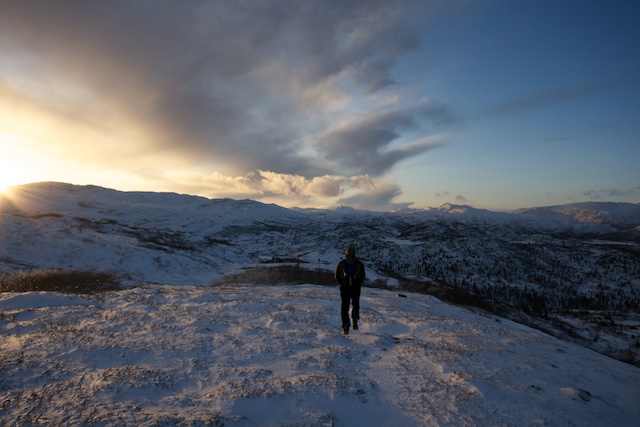In den vergangenen Jahren habe ich mich durch eine zunehmend große Menge an phänomenologischer und philosophischer Literatur gearbeitet. Eines ist dabei besonders auffällig: Der Sprache oder genauer der Wortwahl wird eine enorm große Bedeutung verliehen. Das zeigt sich in unterschiedlicher Weise. So wird in Anschluss an Husserls rigorose Suche nach dem präzisen Ausdruck besonders großer Wert auf exakte Begriffsverwendungen gelegt, die oft für den jeweiligen Arbeitskontext in sehr spezifischer Weise definiert werden, à la „hier soll X also auf die in § 17 entwickelte Weise interpretiert werden.“ Dann gibt es noch die heideggerianischen Wortzauberer. Hier werden gewöhnliche Worte mit besonderer Bedeutungstiefe aufgeladen, à la „das Räumen des Raums leitet das Stellen des Gestells ein.“ Dann gibt es noch die etymologische Aufladung der Worte, in denen unterschiedliche Wurzeln vorgestellt werden und dabei am besten noch die geläufige Verwendung als tölpelhaft vereinfachend enttarnt wird. Doch damit nicht genug. Es gibt noch die erheiternden Bindestrich-basierten Aufklärer, die zeigen, dass die Bedeutung eine Be-deutung beinhaltet, deren In-halt an bli oder auch bla An-halt sucht. Das ist ja alles gut und schön und manchmal regt es tatsächlich zu neuen Ein-sichten an oder erfreut die Leserin mittels eines Einblicks in die verqueren Sprachwelten der Philosophie.
Was mich daran aber stört, ist die überbordende Bedeutungsfülle, das alles-in-die-Sprache legen, der Glaube an die Exaktheit der Darstellung. Das alles ist schon problematisch genug. Aber noch schlimmer finde ich, dass im Vollzug des Schreibens, in der Produktion von Wortverkettungen und im Spinnen von Argumentationsfäden der Glaube im Wort gerinnt, dass die Worte tatsächlich dasselbe wären, wie die Dinge die sie beschreiben sollen. Entscheidend ist hier nicht die Problematik der Repräsentation als solche, sondern die Illusion, dass es das, was man benennt als solches tatsächlich gibt. Es geht mir dabei weniger um die Benennung zum Beispiels eines Steins mit dem Wort Stein als die Bezeichnung philosophischer / theoretischer Ideen mit einem Begriff. Gibt es „Aktanten“? Gibt es eine „Hülle“? Gibt es „Atmosphären“? Gibt es einen „Habitus“? Dies alles sind keine Dinge, die man greifen könnten. Die Worte haben hier keinen materiellen Anhalt. Es gibt keine Aktanten als solche. Die Hülle meiner Dissertation kann man nicht greifen. Der Habitus als solcher ist auch nicht fassbar. Aber oft wird so getan, als ob dies so wäre, als ob es nicht einfach darum ginge, Erfahrungsqualitäten oder gedachte Bilder zu bezeichnen. Zwischen Konzepten und Dingen oder Taten aber gibt es wichtige Unterschiede. Diese genau zu benennen ist allerdings schwierig. Oder ist es unmöglich, weil die Benennung sich eben innerhalb der Worte abspielt? Oder ist das alles doch auch gar nicht so wichtig? Manweisetebennichsogenau…
 Today I’ve seen the lightest and most ethereal snow ever. Even a tender breath would have blown this pillow of snowflakes apart…
Today I’ve seen the lightest and most ethereal snow ever. Even a tender breath would have blown this pillow of snowflakes apart… It’s a new job for a new year. After finishing work on the project Geodata, Policing and Urban Development at the
It’s a new job for a new year. After finishing work on the project Geodata, Policing and Urban Development at the